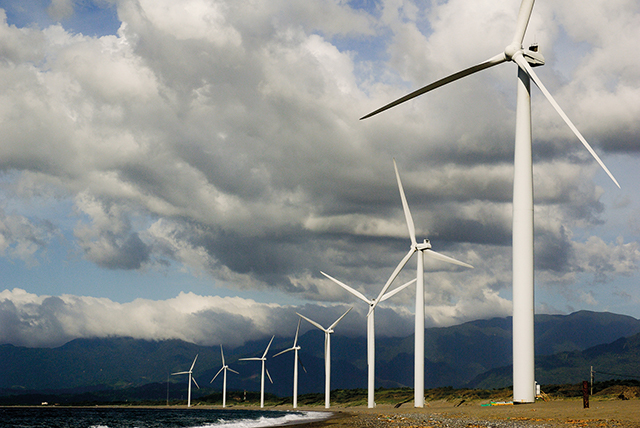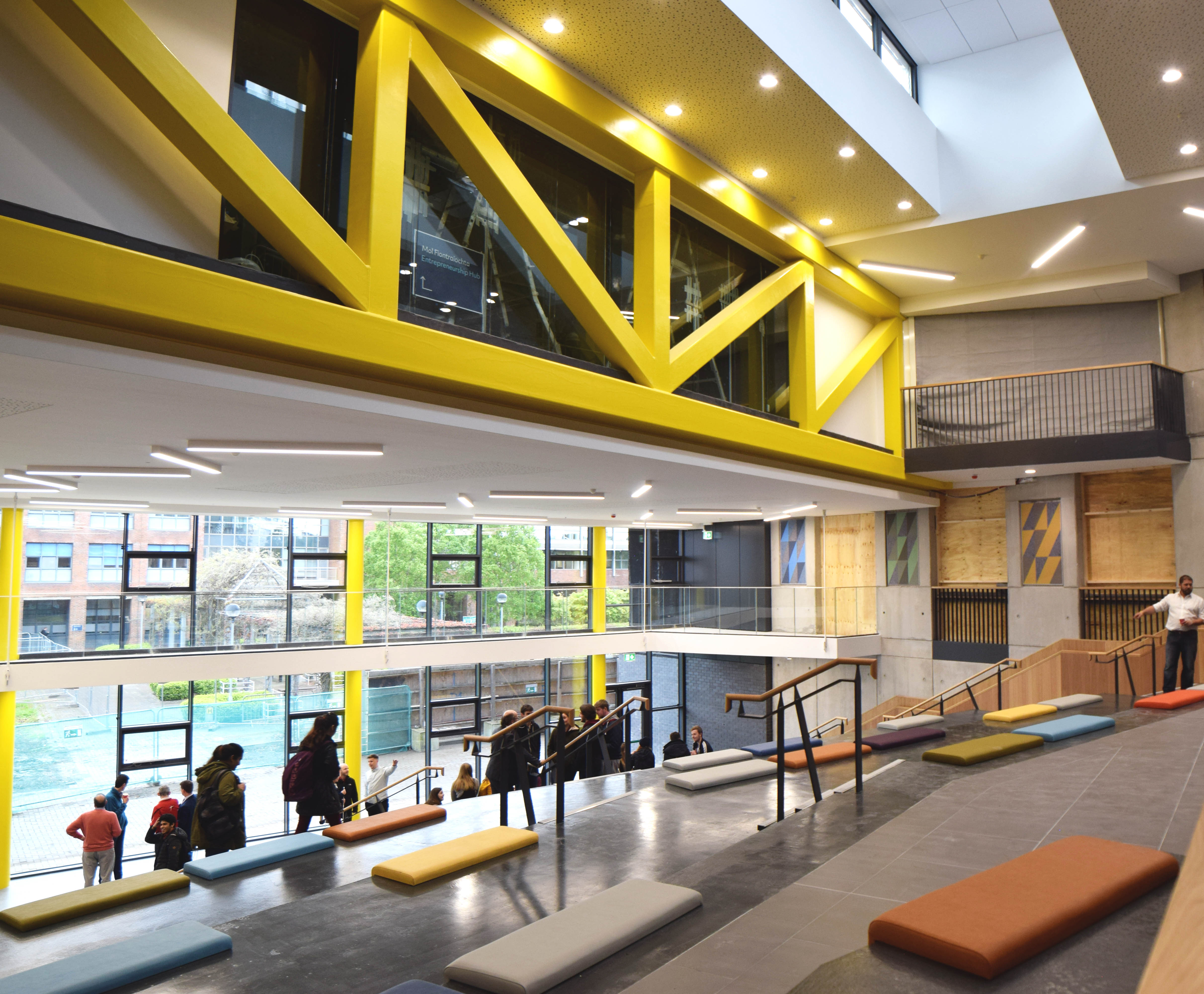
[dropcap]DCU[/dropcap] students created a collaborative submission to the government’s public consultation on Ireland’s National Energy & Climate Plan 2021-2030.
Students in the Climate Change: Policy, Media and Society masters programme have responded to the government’s consultation document, calling for input from various institutions and the public on the matter.
The plan is currently operating under considerable time restrictions as under EU regulations, all member states must submit a draft National Energy and Climate Plan to the European Commission by December 31st, 2018.
The NECP that Ireland submits must contain “detailed policy measures to demonstrate it is doing its part to meet EU energy and climate targets”, according to the Institute of International and European Affairs.
Assistant Professor in the School of Law and Government in the university Diarmuid Torney spearheaded the DCU students proposals to the government plan.
“Our submission contained ambitious proposals for how to strengthen Ireland’s response to climate change,” said Torney.
According to MSc Climate Change: Policy, Media and Society student, Sascha Boden, he believed that they got across the “urgency of the topic that is currently not being addressed by the Irish government” within their submission.
The MSc programme iis one of a kind in Ireland, in that it focuses primarily on the response of societies to climate change, and adopts a social science and humanities perspective to this challenge.
Among the submission from DCU students to the government were submissions from other stakeholders such as lobby groups and member of the public.
“We believe we produced a compelling submission and we very much hope that the Government will take on board our suggestions,” said Torney.
“The Irish [government] will certainly consider some of the points, but… I don’t think they will implement them because the discrepancy between what the government is doing right now and what has to be done, in our opinion, is really big,” said Boden, referring to their submission.
The process of preparing the submission involved collaboration among the master students involved in the submission and academic staff.
Students were allocated a theme and questions to research. They then participated in a workshop in which the various themes were discussed and responses were developed into seven pressing questions that they wished to address in the submission.
“The process was student-driven, but facilitated by staff,” according to Torney.
Five students took part in the process with each student addressing and researching two to three pressing questions outlined within the government’s consultation document and coming up with solutions.
A consensus was adopted among the group, that Ireland should consider another method of benchmarking economic output other than Gross Domestic Product (GDP) which measures the value of goods or services produced in Ireland during a period of time.
They said that Ireland should use the Genuine Progress Indicator on top of that of GDP, as alone GDP doesn’t reflect energy efficiency standards.
GPI accurately reflects energy efficiency standards by deducting harmful pollution such as the burning of fossil fuels from GDP, explained Boden.
Aine O’Boyle
Image Credit: Wikimedia


